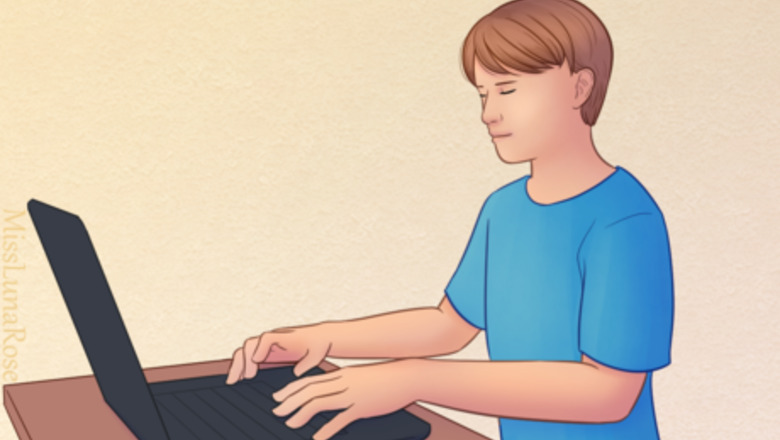
views
Understanding Asexuality
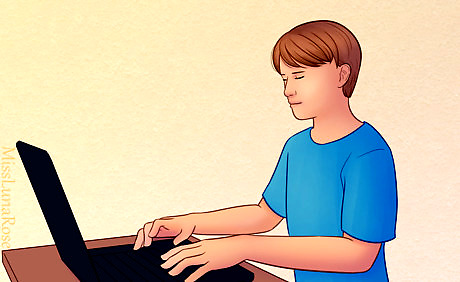
Research what asexuality is. You can do this either through your partner or through other methods on your own time. Try going to AVEN and reading its Q&A for people with asexual loved ones. Learn about the asexual spectrum, which includes: Gray asexuals—asexuals who do feel sexual attraction, but only under certain and usually rare circumstances Demisexuals—people who only feel sexual attraction to someone after they develop a close romantic relationship with that person Sex-repulsed asexuals—asexuals who think sex is gross, and don't want to have it Sex-neutral asexuals—asexuals who don't like sex that much, but are okay with it Sex-positive asexuals—asexuals who may experience sex a little differently, but do enjoy it and are willing to do it with the right person
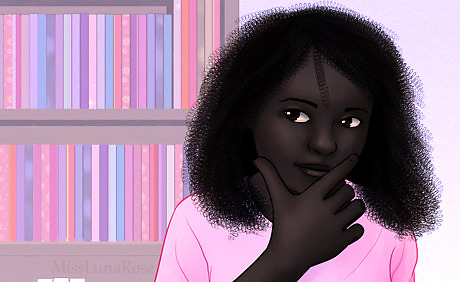
Know the difference between asexuality and aromanticism. Many people don't know that sexuality and romanticism can be separate, meaning you can be sexually attracted to someone and still be romantically attracted to someone else. Because your partner is asexual, it means they don't experience sexual attraction. That doesn't mean that they don't love you or they don't want to date you. Your partner most likely would have already told you if they were aromantic, as most aromantic people want a completely different kind of relationship as alloromantics (people who experience romantic attraction)!
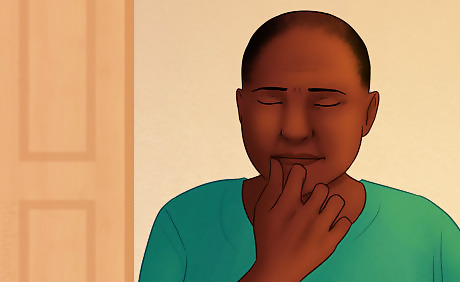
Avoid common misconceptions. Asexuality is often misunderstood as a choice or a sign of something being "wrong." But really, your partner is telling you about who they are, and hoping for your love and understanding. Keep the following in mind: They want to keep dating you. They wouldn't have shared an intimate and important detail with you, unless they wanted to keep having you in their life. It's not a phase. Asexuals are often dismissed as being prudes, traumatized, or not having "met the right person" yet. But the truth is that some people are asexual by nature, and hearing these dismissals can be invalidating and hurtful. Nothing's wrong with them. Asexuality is a normal and healthy sexual orientation. They don't need to see a doctor or a therapist to "fix" them, because they aren't broken. Nothing's wrong with you. An asexual person is asexual, regardless of how amazing their partner is. While they may not experience sexual attraction, they still find you very romantically interesting, and they want to be with you. That's what counts.
Having a Conversation
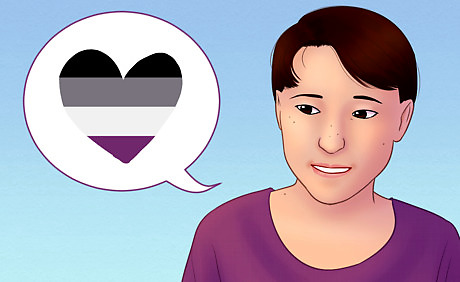
Ask your partner what asexuality means for them. Every asexual person is different. Some are sex-repulsed, others are okay with sex and will do it because they know their partner likes it, and some enjoy it. Encourage them to talk about their feelings and experiences.
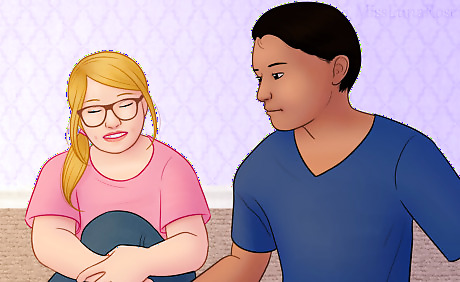
Be a good listener. Listen closely, and validate their feelings. You may want to hold their hand, make eye contact, put an arm around them, or otherwise use body language to show you care about them. Here are some examples of helpful things you might say: "I'm not sure I understand that. Could you explain it to me?" "I see. So if I'm understanding you correctly, you're saying that you..." "I'm sorry to hear that other people haven't been understanding to you." "I don't know what that word means. Would you please define it?" "Thank you for telling me this. I want to know that I love you and care about you. Your asexuality doesn't change this."
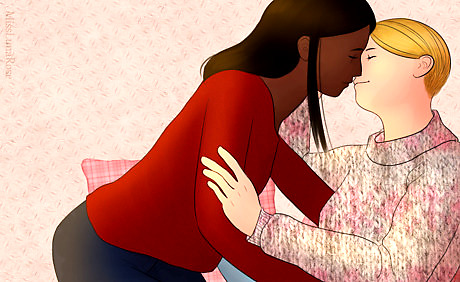
Talk about sex, if the two of you are ready to discuss it. Ask your partner how they feel about having sex. Listen respectfully, and then take a turn sharing your own feelings. It may be that you two have the same thing in mind, or you may want different things. If so, you may need to negotiate that, and collaborate on a solution that works for both of you. Here are some potential options that the two of you could settle on: Continue the relationship, having sex every so often when both of you are in the right mood. Continue the relationship, with you masturbating or even having encounters with other people. Continue the relationship, without sex. End the relationship if you both want very different things.
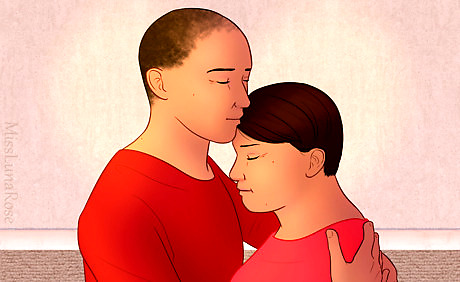
Affirm your love and caring for them. Coming out as asexual can be scary sometimes, especially if the person has faced a lot of rejection or unkindness from people who don't accept them. "I want you to know how committed I am to loving you and making this relationship work. You're important to me." "Hey, chin up. You're a great catch, and your asexuality doesn't change that. You're still stuck with me." "I'm glad you told me this, and I want to reiterate how amazing I think you are." "I love you, asexuality and all."

















Comments
0 comment